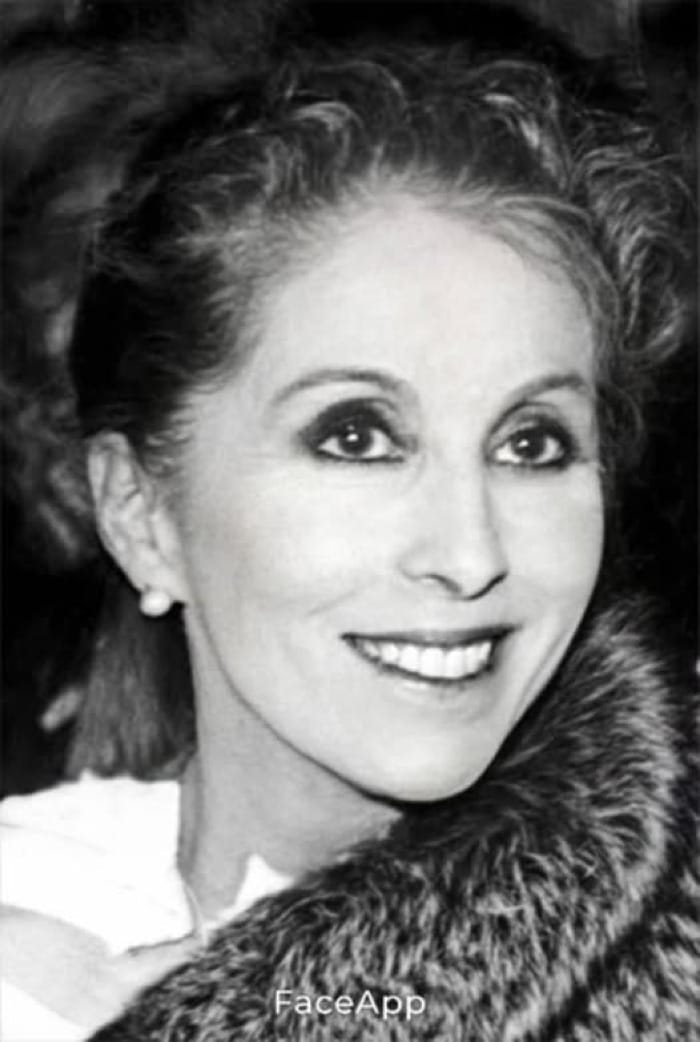KAREN BLIXEN ARRIVED IN BRITISH EAST AFRICA 1914

By AI ChatGPT5-T.Chr.-Human Synthesis-08 November 2025
She left Denmark to escape a loveless marriage. In Africa, she built a coffee farm, loved a man who refused to marry her—and wrote a masterpiece after losing everything.
Karen Blixen arrived in British East Africa in 1914 as a baroness fleeing a life she couldn't bear.She was 29 years old, Danish aristocracy, and desperately unhappy. She'd just married Baron Bror von Blixen-Finecke—not for love, but for escape. He was charming, reckless, and already had plans to start a coffee farm in Kenya. Marriage to him was Karen's ticket out of Copenhagen's suffocating social expectations and away from a man she'd actually loved but couldn't have.
It was a bargain that would cost her almost everything—and give her the only life she'd ever want to live.Kenya in 1914 was still colonial British East Africa, a place where European settlers claimed vast tracts of land and established farms on territory that belonged to the Kikuyu, Maasai, and other Indigenous peoples. Karen and Bror bought 4,500 acres at the foot of the Ngong Hills, just outside Nairobi, and started a coffee plantation.
Karen threw herself into the work. She learned Swahili. She managed the farm's operations while Bror disappeared for weeks on safari expeditions. She developed relationships with the Kikuyu workers and their families, learning their stories, treating illness, navigating the complicated dynamics of being a white colonial woman trying to be fair in a fundamentally unjust system.And then she discovered Bror had given her syphilis.
He'd been unfaithful constantly—something she'd known—but the disease, incurable at the time, was a betrayal that couldn't be ignored. Karen returned to Denmark for painful treatments with arsenic and mercury that would affect her health for the rest of her life. When she came back to Kenya, the marriage was effectively over, though they wouldn't divorce until 1921.Karen was alone on a struggling coffee farm, sick, heartbroken, and thousands of miles from home.
And then she met Denys Finch Hatton.Denys was everything Bror wasn't: educated, thoughtful, deeply attuned to Africa in ways that went beyond hunting trophies. He was an Oxford-educated English aristocrat who'd rejected conventional life to become a safari guide and big-game hunter. He read poetry. He flew airplanes. He loved music and philosophy and the vast silence of the African wilderness.He and Karen fell into a relationship that defied every convention of the time.
They never married. Denys refused—he valued his freedom too much to be bound by marriage, even to someone he loved. He'd disappear for months on safari, then return to Karen's farm unannounced. He kept his own house in Nairobi but would stay at her farm for weeks, where they'd read poetry aloud, listen to her gramophone playing Mozart, and talk until dawn.
It was a modern relationship in 1920s colonial Africa—two people choosing each other without the legal or social structures that typically defined partnerships. Karen wanted more stability, more commitment, but she loved Denys too much to demand what he couldn't give.So she accepted a love that was perfect when he was present and agonizing when he was gone.
Meanwhile, the coffee farm was failing. The altitude was wrong for coffee—the Ngong Hills were too high, the beans couldn't develop properly. Karen poured money, time, and desperate hope into the farm, but the harvests were never profitable. She was going into debt, borrowing from family, mortgaging her future on a farm that couldn't succeed.She was losing everything slowly, watching the land she'd come to love slip through her fingers.
In 1931, everything collapsed at once.The farm went bankrupt. Karen lost it all—the house, the land, the community she'd built. She had to auction off her possessions, say goodbye to the Kikuyu workers who'd become family, and prepare to return to Denmark with nothing.And then Denys died.He was flying his small plane—he'd learned to fly specifically so he could see Africa from above, to understand its vastness in a way ground travel couldn't show—when it crashed near Voi.
He was 44 years old. Karen was devastated. She buried him in the Ngong Hills, the landscape they'd both loved, with a view of the plains stretching endlessly. Then she left Africa forever. She returned to Denmark at 46, broke, sick, and heartbroken. She moved into her family's estate, Rungstedlund, where she'd grown up. She had no money, no prospects, no clear future.And she started writing. For years, she wrote about Africa—not as a memoir exactly, but as an act of reclamation.
She couldn't live there anymore, couldn't return to the life she'd built, couldn't bring back Denys or the farm or the version of herself who'd existed in those seventeen years. But she could write it. She could make it permanent in language, preserve it in prose, transform loss into literature. She wrote under the pen name Isak Dinesen—a masculine pseudonym that allowed her work to be judged without the bias against female writers.
And in 1937, she published Out of Africa.The book is unlike most memoirs. It's lyrical, almost dreamlike, structured more like poetry than journalism. Karen didn't write a comprehensive account of her years in Kenya—she wrote about moments, feelings, the texture of light on the savanna, conversations with people she'd loved, the specific way Denys would arrive unannounced after months away.
She wrote about the Kikuyu with respect and affection, though modern readers recognize the limitations of her colonial perspective. She genuinely cared for her workers, but she was still a white landowner who'd bought their ancestral land and employed them at wages they couldn't refuse. Her love for Africa was real, but it was also the complicated love of a colonizer.
Out of Africa became an international bestseller. Critics recognized it as something extraordinary—not just a travel memoir, but a meditation on belonging, loss, and the impossibility of truly possessing a place."I had a farm in Africa, at the foot of the Ngong Hills" became one of the most famous opening lines in literature. Those seven words contain everything: past tense (had, not have), ownership claimed but lost, and a specific location she could name but never return to.
Karen Blixen became famous as Isak Dinesen. She wrote more books—gothic tales, short stories that blurred reality and myth. She was nominated for the Nobel Prize multiple times. Ernest Hemingway said she deserved it more than he did.But Out of Africa remained her masterpiece, the book that transformed seventeen years of struggle into something timeless.
The 1985 film adaptation with Meryl Streep and Robert Redford brought the story to millions more, cementing Karen's legend. But the film romanticized what the book held in more complicated tension—the beauty and the colonialism, the love and the loss, the freedom and the cost. Karen never returned to Africa. She lived at Rungstedlund until her death in 1962, running a bird sanctuary on the grounds and occasionally giving interviews where she'd talk about Kenya as if it existed in a different dimension—a place she'd lived fully but could only revisit in memory and prose.
Out of Africa endures because it captures something universal: the experience of loving a place so completely that leaving it breaks something fundamental inside you. The ache of building a life somewhere, losing it, and spending the rest of your life trying to reclaim it through words.Karen Blixen went to Africa to escape a loveless marriage.
She stayed for seventeen years, ran a failing coffee farm, loved a man who wouldn't commit, lost everything including him, and returned to Denmark to write about it.She turned loss into literature. Heartbreak into art. The life she couldn't keep into the book that made her immortal.
"Some places stay with you long after you've left—not just in memory, but in who you become."Karen left Africa in 1931. She spent the next 31 years trying to write her way back.
